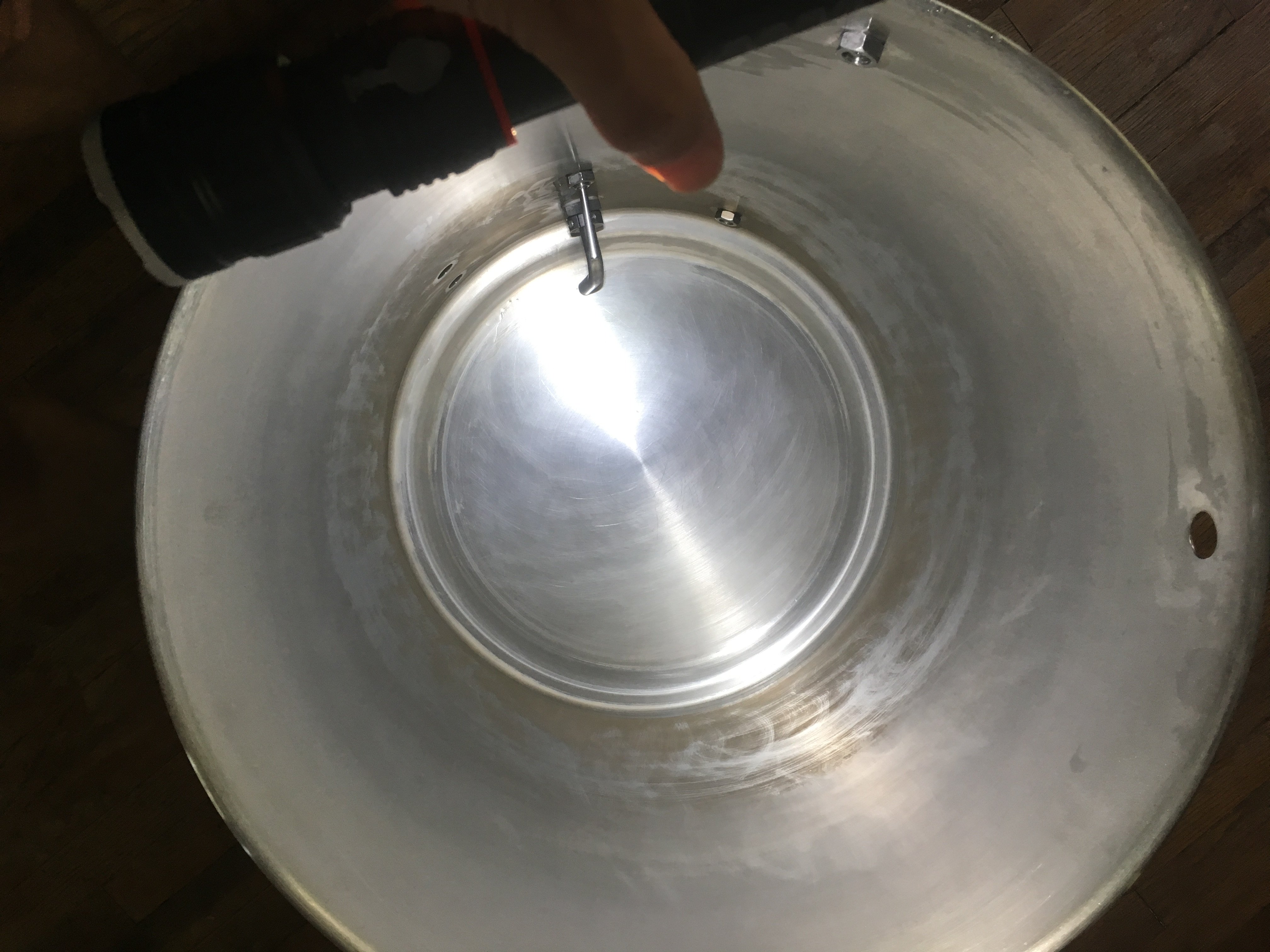Gustatorian
Well-Known Member
- Joined
- Apr 1, 2015
- Messages
- 638
- Reaction score
- 23





![Craft A Brew - Safale S-04 Dry Yeast - Fermentis - English Ale Dry Yeast - For English and American Ales and Hard Apple Ciders - Ingredients for Home Brewing - Beer Making Supplies - [1 Pack]](https://m.media-amazon.com/images/I/41fVGNh6JfL._SL500_.jpg)









Personally, I prefer to use a wire brush with my drill to do the scrubbing for me.
I hope you are using a SS wire brush. If steel, you are embedding ferrous particles into your stainless which can then rust not only themselves, but the stainless. Any wire brush is crazy overkill, though. You are beating up your vessels for no good reason. Let chemistry do most of the work.
You have beerstone in your fermentor? how are you guys cleaning them between normal uses ? Just rinsing them? Ive gotten it in my boil kettle, especially around my fittings where I dont always clean thoroughly and on my heating element but otherwise I havent gotten any in the 5 years ive been brewing. I assumed it had a lot to do with water quality and mineral content.I use lactol (milk acid) to get rid of beer stone and it works great, my fermentor is shiny afterwards.
I use lactol (milk acid) to get rid of beer stone and it works great, my fermentor is shiny afterwards.
Lye is good on stainless, don't use lye or oven cleaner on aluminum! I used to use oven cleaner to etch polished aluminum motorcycle parts for painting. You really wouldn't like what it does to surfaces.I've used oven cleaner (Lye) on my propane fired kettle to get the caramelized sugars removed. But ever since I went electric, I don't have that problem any more.